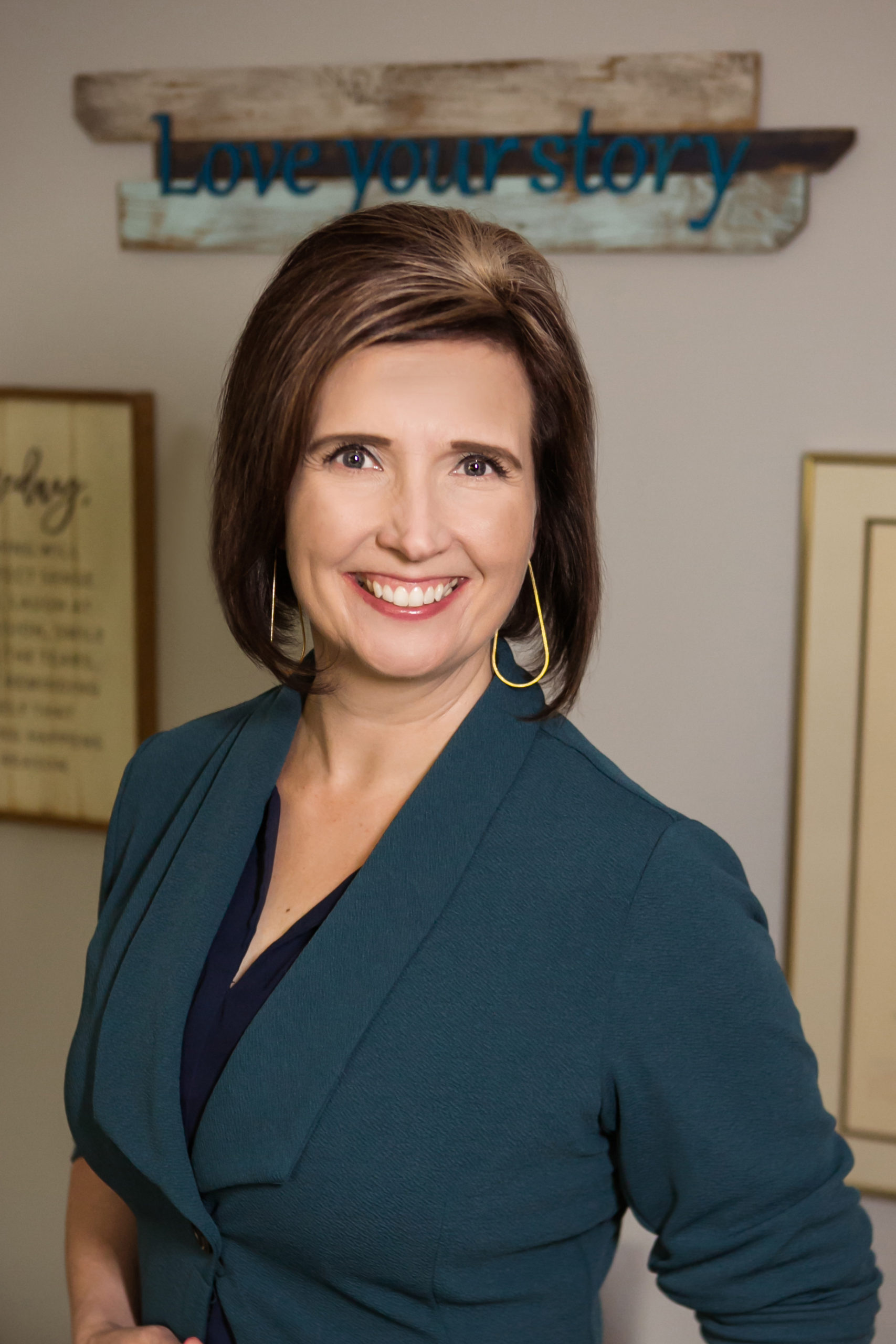Hey all. Such a warm response from everyone last week, so I wanted to start by thanking all of you. My plan is to send out a blog weekly. If ever you have a suggestion, feel free to mention it in the comments or email me at admin@nataliemarrcounseling.com.
So last week one of my main tenants was to state that words can sometimes fail us, because they cannot give us the whole picture. I wanted this week to address that while words can be limited in this regard, words are also very powerful. They create narratives for us and depending on the habits we have they may even morph into a pattern for how we see the world. I am hearing, “What you talking about Willis?” in the back of my head. A phrase from one of my favorite childhood shows, Different Strokes (yup, totally dated myself there).
What am I talking about? Let me give you an example. I must spill something on a white shirt literally every time I wear one. I am sure there are spills on some of my other colored clothing too, but like clockwork there seems to be a coffee stain or something on every white piece of clothing I own. So, let’s say this happens and I say, “Natalie, you’re such an idiot. Why can’t you wear white once and not spill on yourself?” Seems like a normal response to this right? Well, let’s compare that to, “Oh my goodness Natalie. Again you spill on yourself? Seems like that is just your go-to move.” Now first of all, I am sure you are all thinking, man this lady talks to herself a lot. Secondly, what is therapist trying to say here? I am getting at how in the first comment I am devaluing myself as a person because of my behavior and in the second comment I am just making fun of my behavior. It’s a subtle difference in wording that makes a major difference in our narratives about ourselves.
I can’t tell you the number of times I have sat across from a client who is struggling with feelings of shame and low self-worth. It’s almost epidemic in our American culture, where we are marketed at from birth to death. And the message is something like the way we are isn’t good enough as is, so “Buy this product and you’ll be better!!!”. When this culture mixes in with saying things to ourselves and others like, “I am a ______(fill in the blank)” instead of “I’m doing ________(fill in the blank)”, we alienate ourselves more and more. One of my favorite researcher/storytellers, Brené Brown, Ph.D., (https://brenebrown.com/) has researched shame extensively and some of her insights in this regard are remarkable. Her TED talk on vulnerability (https://www.ted.com/talks/brene_brown_on_vulnerability) looks at this concept. In her work, she was able to differentiate how self-talk that devalues the person is strongly correlated to an increase in reports of feelings of shame.
So, why do we do this? Possibly because we were taught to. Or, because culture is so prone to use these concepts in marketing. Or even because once it is a habit in our thinking, we start to do it as second nature. I mean think about it, my comment to myself that I was an idiot for spilling on myself is not all that uncommon. Is it? We say things like it all the time. Words hold power though. They define things and they narrowly begin to categorize things. So if I call myself names like that enough, it isn’t hard for me to start thinking of myself as in those categories and conversely to start feeling like when people compliment me that it is uncomfortable or awkward, because those compliments aren’t one of my categories.
I would challenge you this week to take a look at how you talk…to yourself, to your friends and family, and even on social media. What phrases do you use? What message do they imply? Is that what you intended to say? I want you just to start to notice the words and phrases that are your go-to’s and then think about what narrative they are creating for you. Our stories are intricately a part of who we are, whether we are calling out the story and looking at it or not. Words are how we make up these stories and word choice is a very powerful thing. Just notice this week where the power is in your words. No need to change things (at least not yet). The first step in anything you want to address, much less change, is to recognize that it is there.



